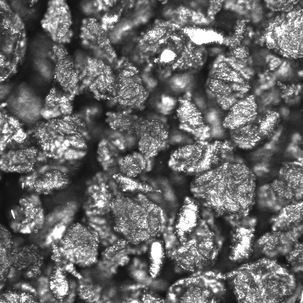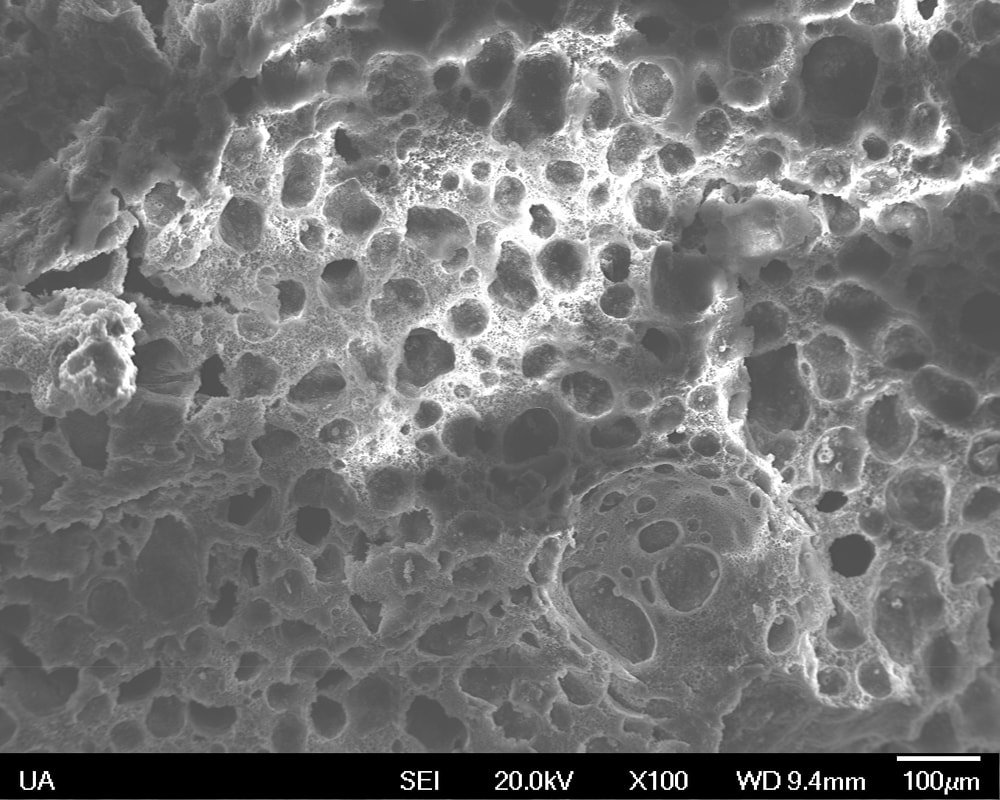Areas of Research
Novel Materials for Soft Robotics and Stretchable ElectronicsTypical electronics and robotics are designed using rigid materials like copper and steel that have high conductivity and high strength, but are mismatched to the lower modulus of human bodies. To effectively integrate robotic components and electronics into everyday life, in applications ranging from sensors to prosthetics to teammates, they need to be made out of materials that are not dangerous. This requires materials that can be designed to be soft and stretchable while not sacrificing on electrical performance. Current work in the Koh Lab focuses on the development and manufacturing of room-temperature liquid metals in polymers to achieve soft, stretchable electronic materials.
|
Magnetic Smart FluidsResponsive, smart materials are critical for adapting to changing applications, environments, and tasks. Research in the Koh Lab focuses specifically on developing new magnetic smart materials, called magnetorheological fluids that can transition repeatably, reliably, and rapidly between soft and rigid for applications such as energy dissipation, prosthetics, and robotic surgery.
|
Engineered Porous Material InterfacesEnsuring water quality for all regardless of wealth, expertise, or location is critically important. Current technologies for removing specific pollutants may be environmentally hazardous, overburdened, or too expensive or complicated to be used in the rural, remote, or under-served communities that need them. The Koh Lab is working on porous materials with uniquely functionalized internal interfaces to capture, sense, and remove pollutants from fluid streams including airways, surface waterways, and ground water pathways.
|




